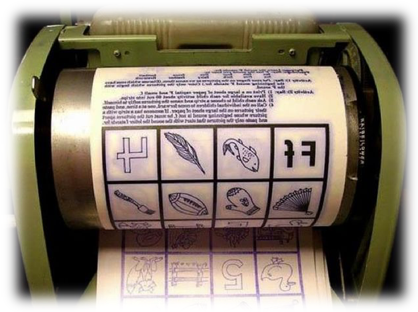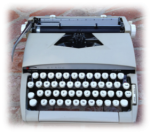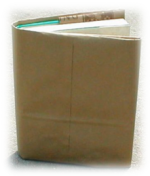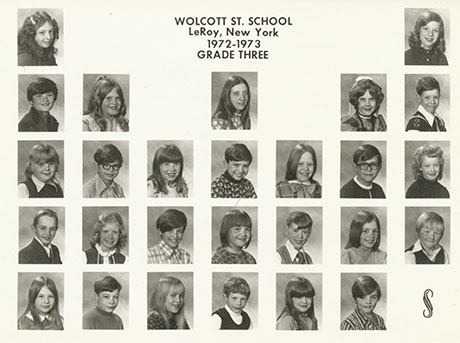
Photos and article submitted by Anne Marie Starowitz.
I have been in a classroom since 1955. As a kindergarten student at the East School on Main Street in Batavia, I was evaluated by a checklist of questions: Could I tie my shoes, skip, and did I play well with others? We all know that has changed over the years.
My next memories were at St. Joseph’s Elementary School, where I learned Gregorian chant and how to diagram sentences. We didn’t have a gymnasium so recess was definitely my favorite subject because it was

Traditional teaching was the norm, a teacher at the front of the room lecturing and students taking notes. D’Youville College was different in the late ‘60s. First of all, very few students owned a typewriter; our papers were handwritten or if you were lucky your roommate had a typewriter.
You lined up in long lines to try to get the required courses for your major. It took weeks to get your grades in the mail. When I graduated the job, market was flooded; I was one of thousands who wanted to be teachers. The Vietnam War influenced many students to stay in college.
I was so lucky to land my first job at the Wolcott Street School in Le Roy. I finally had my own classroom. I was not the student anymore; I was the teacher. I had my stack of ditto masters and I was ready to create my worksheets. How lucky to have the hand-operated Ditto machine available to make my copies. As the children would say those dittoes smelled so good.
I wanted to be a hands-on teacher. My first year in third grade the Social Studies curriculum was learning about the regions of the world. The first area I had to teach was the deserts of the world. So, I brought in sand, bought every possible cactus plant I could find and prepared a display on a long table. We did a mural with a map to go behind the table. The children created a papier-mâché camel. They were so engaged.
I wanted the children to feel what it was like to live in a desert. I turned the thermostat in the classroom to about 85 degrees. I did not know my thermostat controlled the 12 classrooms on my floor. I bet those kids (and the other teachers) never forgot the lesson on deserts! I was lucky that I was given the opportunity to try new things. I always believed if you were excited to be a teacher, your students would be excited to learn.

When I taught in Batavia I again worked with a wonderful principal, Andy Steck. He supported my teaching style. He accompanied my class to New York City and always supported my trips to Albany. I retired in 2007 and for the next 11 years I continued to teach. I borrowed teachers’ classrooms who were ill or at a meeting. In 2017, I changed from a substitute teacher back to a classroom teacher. This time I am very happy to be on the faculty of St. Joseph School as their second-grade teacher.
My life has come full circle.
Times have changed and with the passing years many programs have come and gone. Technology has impacted the way we teach and how the children learn. Nevertheless, the teachers are the same as they were back in my day, 46 years ago when I was a first-year teacher: Teachers are in the classrooms for one reason, the children!
Ann Marie Starowitz is author "Back in the Day: Snapshots of Local History,The Way I see It!." The book is in its final printing and is available at 20-percent off the original price at the Holland Land Office Museum bookstore.

